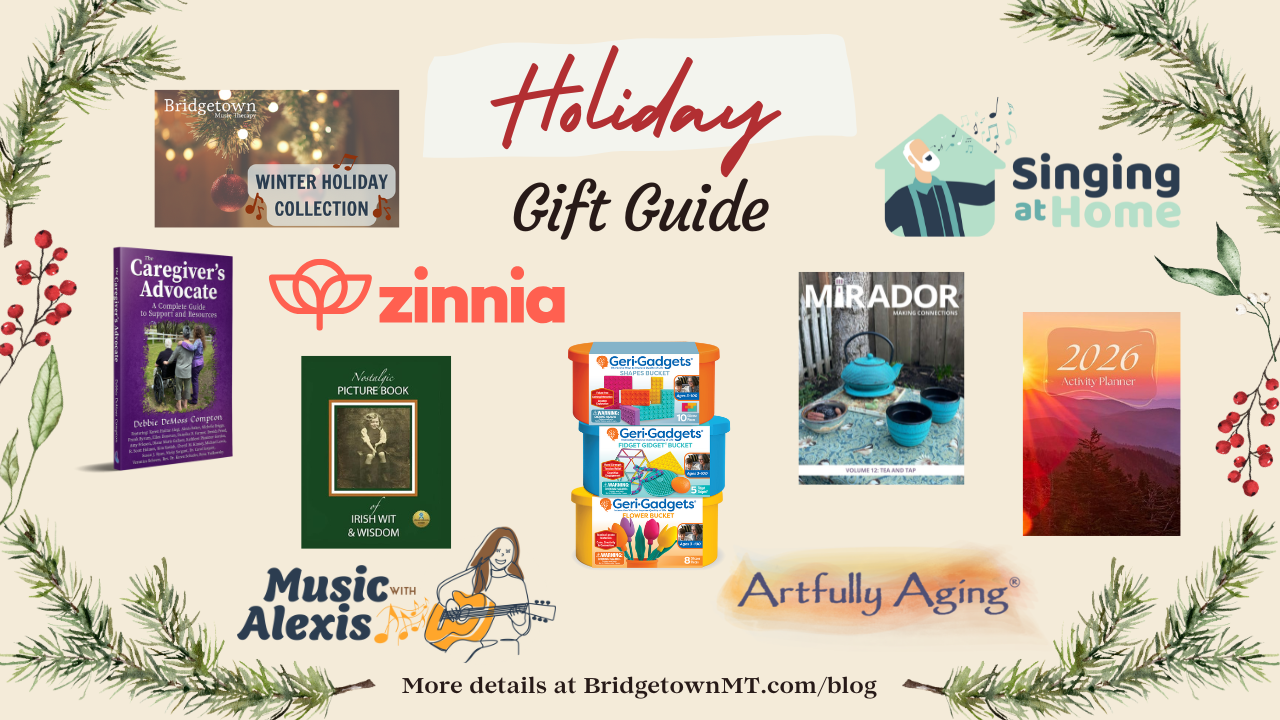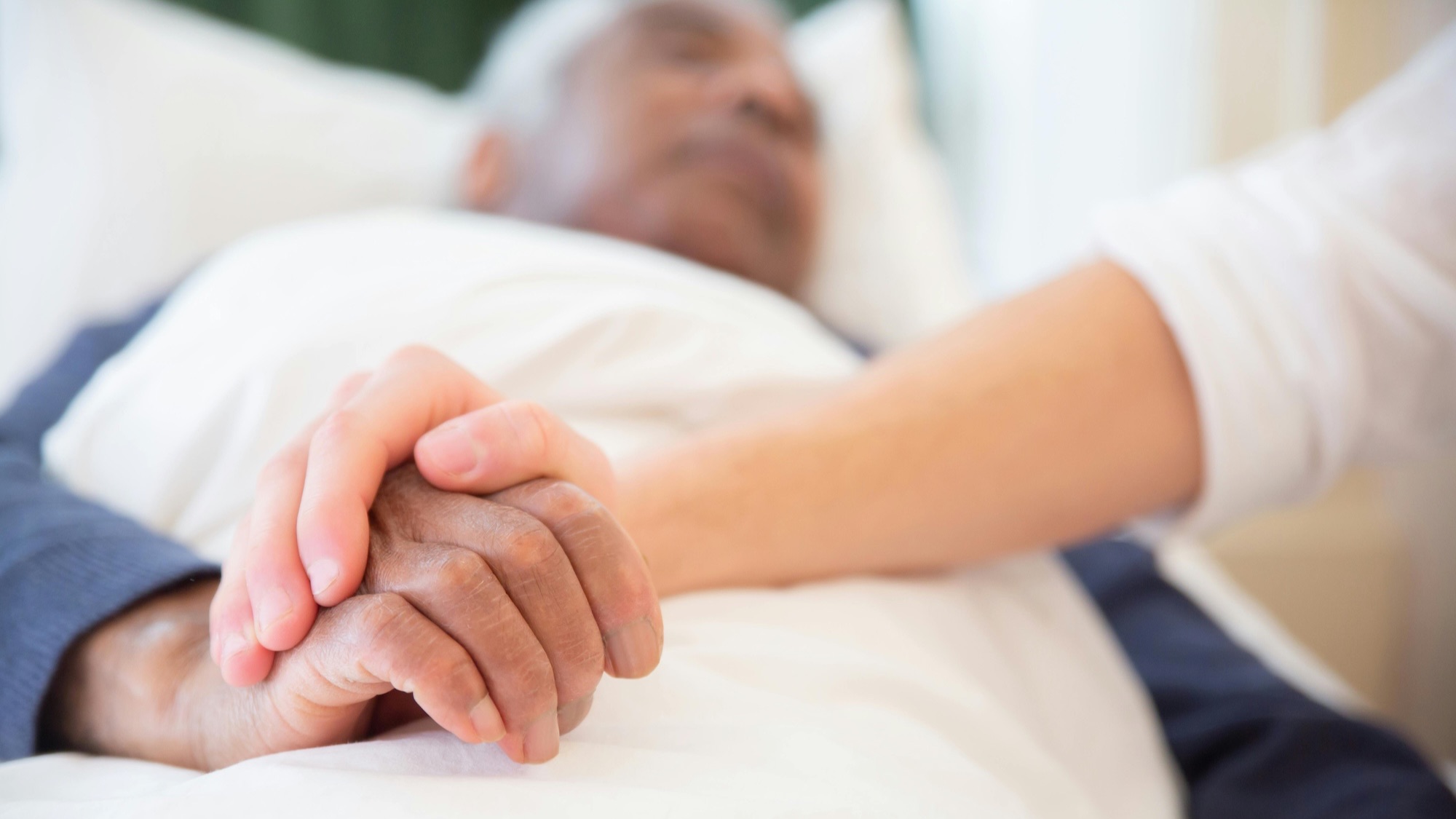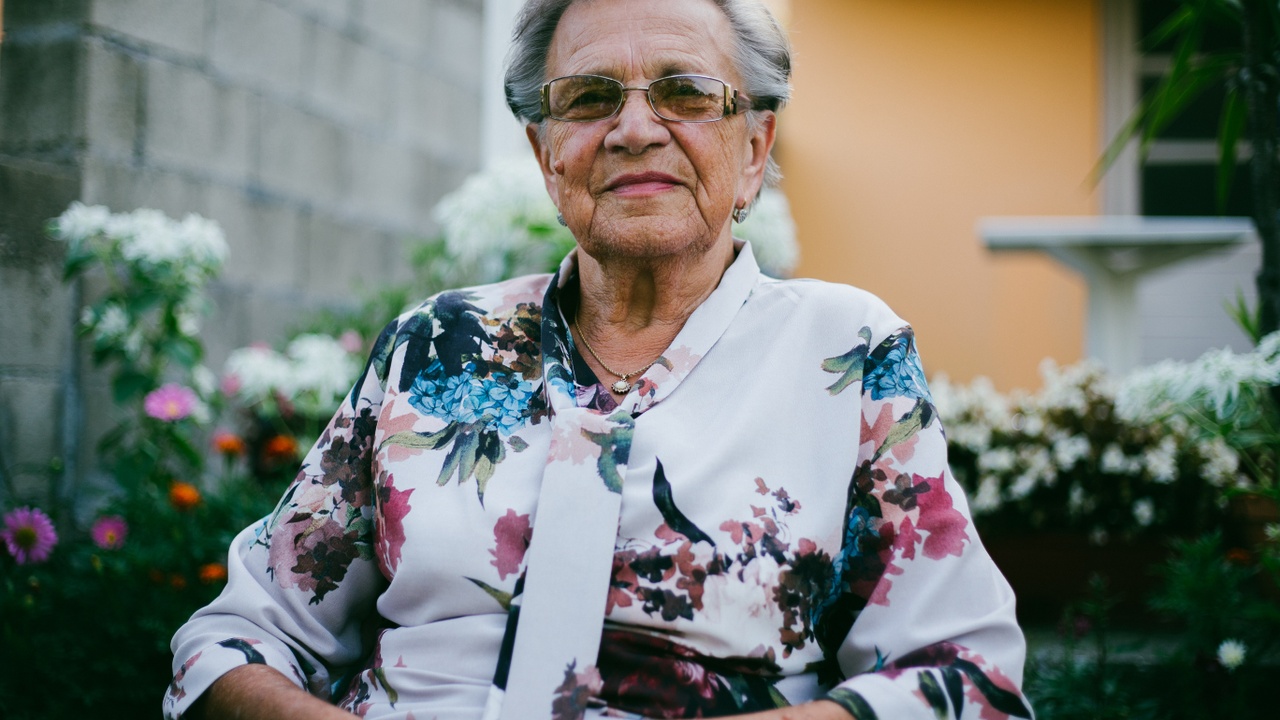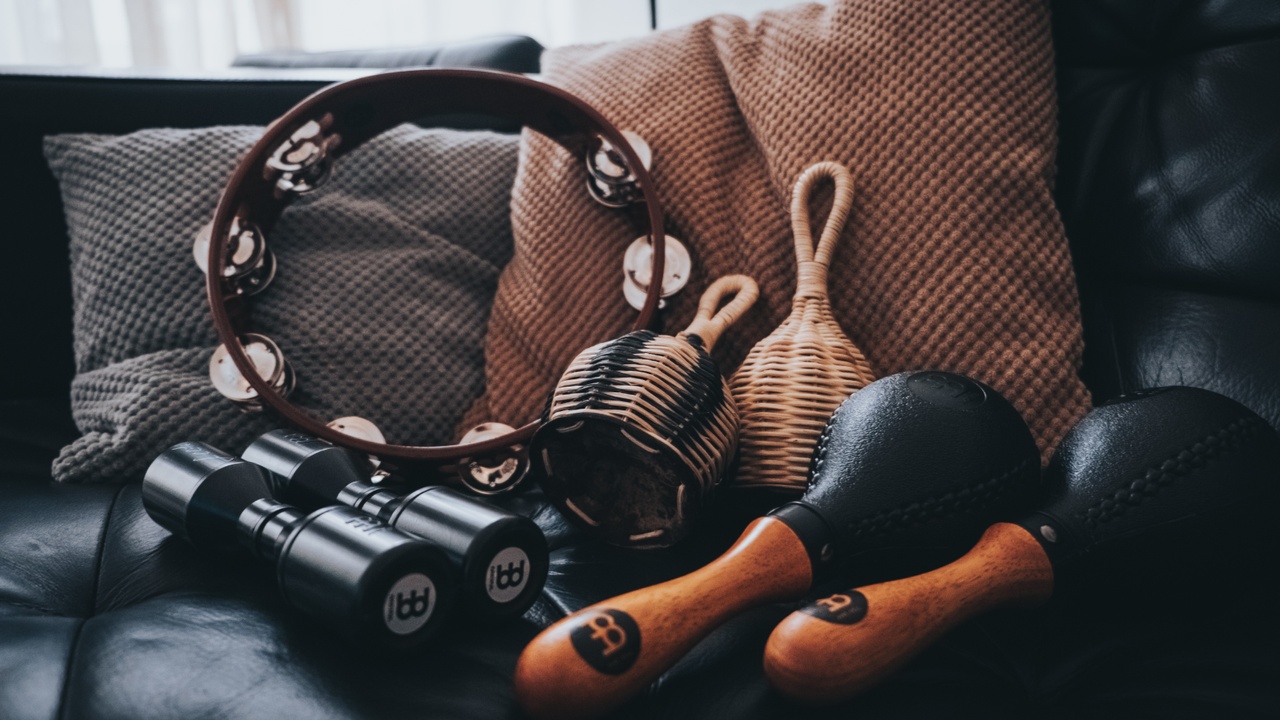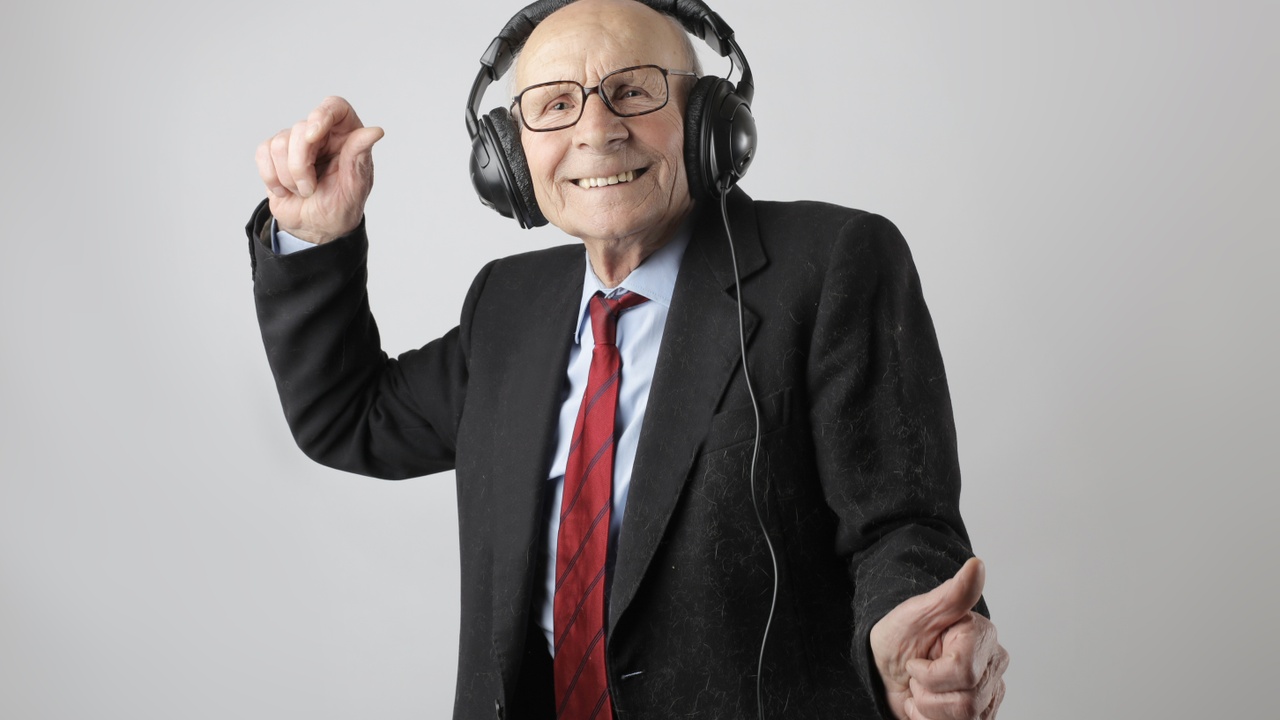Bridgetown's Holiday Gift Guide
Nov 30, 2025
12 Resources and Tools for Dementia Caregivers
Nov 01, 2024
Why Can’t I Just Use YouTube?
Feb 01, 2024
Music Makes a Difference During the Holiday Season
Dec 01, 2023
How Does Music Benefit People Living with Dementia?
Nov 21, 2022
What Are the Benefits of Singing for Older Adults?
Nov 18, 2021

